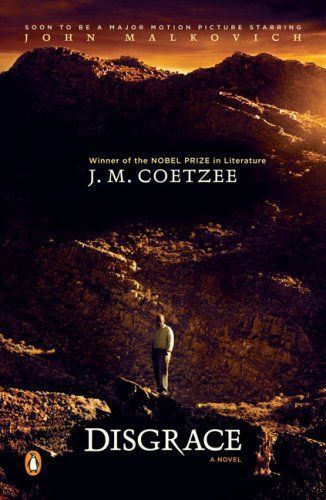
Disgrace
'A great novel by one of the finest authors writing in the English language today' The Times After years teaching Romantic poetry at the Technical University of Cape Town, David Lurie, middle-aged and twice divorced, has an impulsive affair with a student. The affair sours; he is denounced and summoned before a committee of inquiry. Willing to admit his guilt, but refusing to yield to pressure to repent publicly, he resigns and retreats to his daughter Lucy's isolated smallholding. For a time, his daughter's influence and the natural rhythms of the farm promise to harmonise his discordant life. But the balance of power in the country is shifting. He and Lucy become victims of a savage and disturbing attack which brings into relief all the faultlines in their relationship. **One of the BBC’s 100 Novels That Shaped Our World**
Reviews
rachel@r4chll
soochie@soochie
Anvar Cukoski @anvar
Jonathan Tysick@jtsick6
marie@arcanesentinel
Michael Springer@djinn-n-juice
Faith Ho @faithho
Prashanth Srivatsa@prashanthsrivatsa
Trish@concerningnovelas
alina s@asupernova
Jeff Brown @jeffb23
Liam Byrne @tvtimelimit
Kathleen Boyle@kitkath
Stephanie Midolo@steviemidolo
Antonia Sonntag @queenofsundays
Paula Gomez@paulagomez
Kelly Casey@caseygirlreads
Eugenia Andino@laguiri
Trevor Berrett@mookse
Frederik Van den Bril@frederikvandenbril
zilver @howl
Neeti Choudhari@readabookhoe
I.m. ruzz@ruzz
ellie 💐💌⭐️@elliebennett
Highlights
soochie@soochie
Page 23